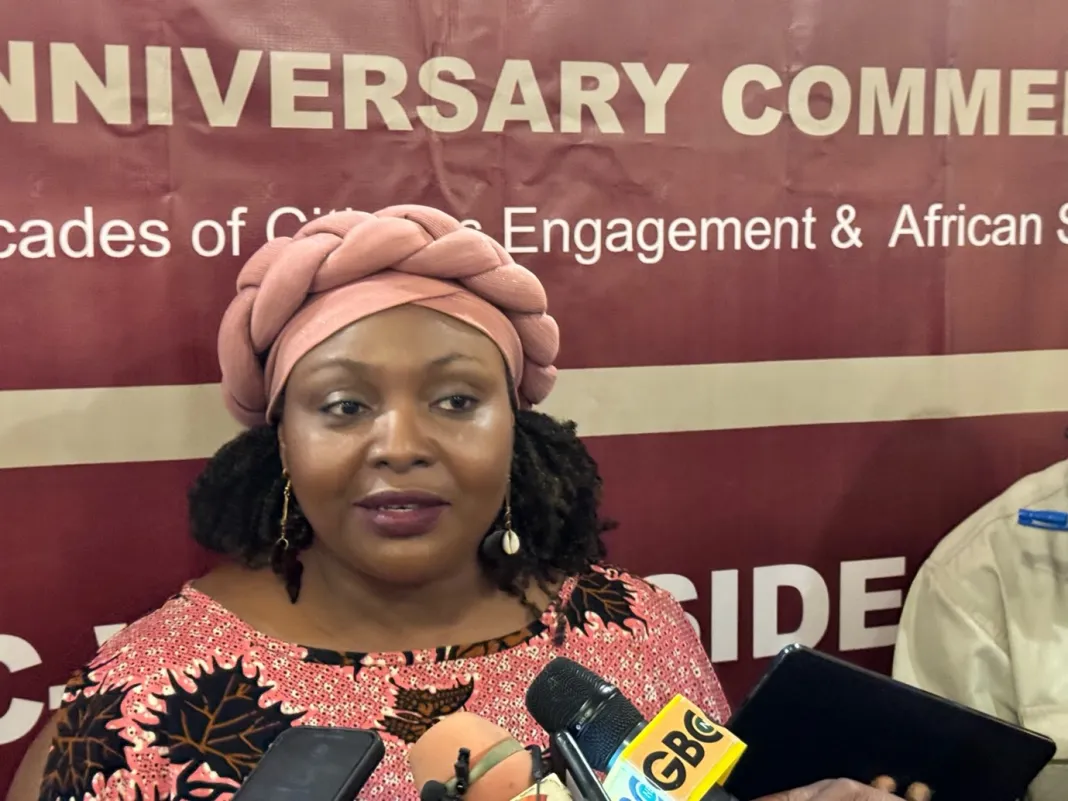Civil society organizations are emerging as pivotal players in the successful implementation of the African Continental Free Trade Area (AfCFTA).
At a recent gathering in Accra, experts emphasized the crucial role these groups play in ensuring the trade agreement benefits all Africans, especially marginalized communities.
Nana Asantewaa Afadzinu, a leading voice in West African civil society, highlighted the need for grassroots involvement in shaping AfCFTA.
She stressed that for the agreement to truly succeed, it must be driven by the people. Civil society organizations, she argued, are uniquely positioned to represent the interests of marginalized groups, such as women, who often play a central role in cross-border trade but are often overlooked.
Dr. Fareed Kwesi Arthur, a key figure in Ghana’s AfCFTA implementation, echoed these sentiments. He emphasized the diverse nature of civil society, encompassing NGOs, community groups, faith-based organizations, academia, and labor unions. He called for a collaborative approach involving all sectors of society to ensure AfCFTA’s inclusivity.
Both experts underscored the importance of public awareness and education. Civil society can play a crucial role in informing the public about AfCFTA’s benefits and holding governments accountable for its implementation. Additionally, engaging Africa’s youth is seen as essential for the agreement’s long-term success.
As AfCFTA moves from negotiation to implementation, the role of civil society is set to expand. These organizations are poised to be champions of inclusive growth, ensuring that the benefits of free trade are shared by all Africans.




